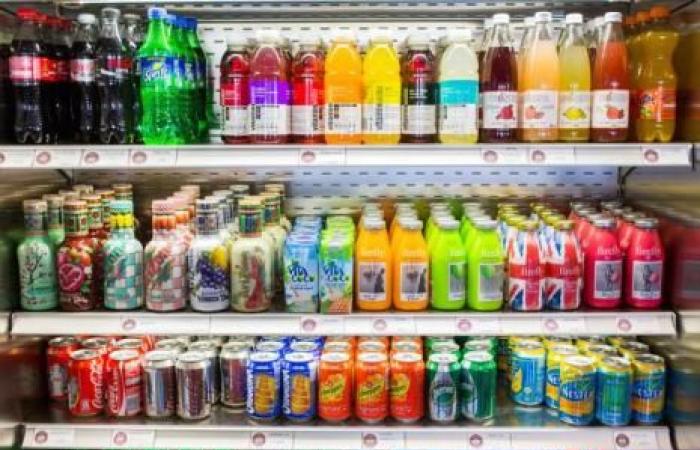Consumption of sugar-sweetened beverages is an important driver of the epidemiology of diabetes and cardiovascular disease, particularly in developing countries. Every year worldwide, 2.2 million new cases of type 2 diabetes and 1.2 million new cases of cardiovascular disease are linked to these drinks, quantifies a study from Tufts University (Massachusetts). In low- and middle-income countries, communities “are often less well equipped to deal with long-term health consequences”, says Dariush Mozaffarian, lead author of the study and director of the Food is Medicine Institute at Tufts University.
According to the study published in Nature Medicine, sugary drinks contribute to more than 21% of new cases of diabetes in sub-Saharan Africa and almost 24% in Latin America and the Caribbean. In these latter territories, the consumption of sodas and others is associated with more than 11% of new cases of cardiovascular diseases.
Colombia, Mexico and South Africa are particularly affected countries, it is noted. The consumption of sugary drinks is responsible for more than 48% of new cases of diabetes in Colombia and almost a third in Mexico. In South Africa, 27.6% of new cases of diabetes and 14.6% of cardiovascular diseases are attributable to the consumption of sugary drinks.
Taxation, an effective measure
The authors call for urgent interventions: public health campaigns, advertising regulations and taxes on sugary drinks. This last lever is acclaimed by the World Health Organization (WHO), which considers the measure effective in the fight against non-communicable diseases. In a 2023 report (based on 2022 data), the UN organization lists 108 countries where a form of taxation has been introduced, but 46% of them include unsweetened bottled water in their list of taxable drinks. .
In France, a “soda” tax was introduced in 2012. But a WHO report published in 2022 deplored the fact that only 19% of the 53 countries in the agency’s Europe region had adopted this type of measures. “Taxation is a cost-effective policy that can improve health at the national level”explained Dr Kremlin Wickramasinghe, acting head of the WHO European Office for the Prevention and Control of Noncommunicable Diseases.





